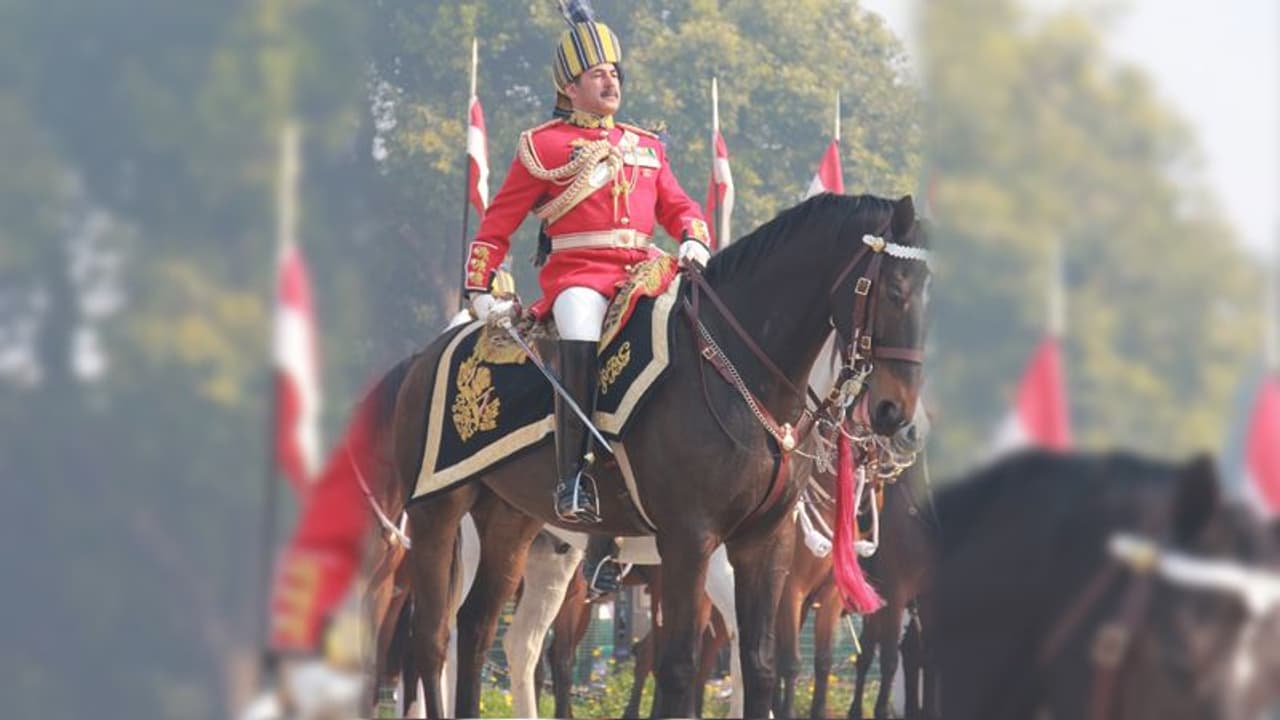The exclusion of certain castes from the recruitment process for the post of President's Bodyguard has sparked controversy and come under the judicial scanner
New Delhi: A division bench of Delhi high court has sought the responses of the Union of India, the chief of Army staff and others on a writ petition seeking direction for setting aside or quashing the recruitment of the President’s Bodyguard, which was held on September 4, 2017.
Only three castes – Jats, Rajputs, and Jat Sikhs were invited for recruitment.
The exclusion of certain castes from the recruitment process has sparked controversy and come under the judicial scanner.
The court has also sought the response of the President’s Bodyguard and the director of the Army recruitment on the petition filed, within four weeks. The court also fixed May 8 as the date for the next hearing in the matter.
The petitioner, Gaurav, who hails from Rewari district of Haryana, was not allowed to sit for the recruitment exam since he belongs to Ahir/Yadav caste.
Recruitment ‘unconstitutional’
The petition said that the preferential treatment provided to the three aforementioned castes led to the deprivation of opportunities of recruitment to other citizens of the nation. Since the recruitment criteria contain an arbitrary classification that is based on caste, it stands in violation of Article 14 of the Constitution of India.
According to the petition, the recruitment process violates Article 15 (1) which prohibits discrimination on the basis of race, religion, caste, sex, colour, and place of birth.
Article 16 gives the guarantee of equality of opportunity in matters of public employment. However, since only three castes were eligible for recruitment for the post of President’s Bodyguard, which is a public office, it stands in violation of Article 16 as well.
The petitioner claims that the recruitment process is unconstitutional because it does not allow all citizens of the country to be eligible for the post.
Previous judgment
Earlier in January, the Supreme Court had refused to entertain a plea that challenged the recruitment process on the ground that only people belonging to three particular castes are eligible for the post.
A bench headed by Chief Justice Dipak Misra dismissed the plea saying, “We do not get into these kinds of PILs”.
“How can a PIL be entertained against the President who is the head of the Republic? Heard. Dismissed,” the bench, that also comprised justices AM Khanwilkar and DY Chandrachud, had said.
